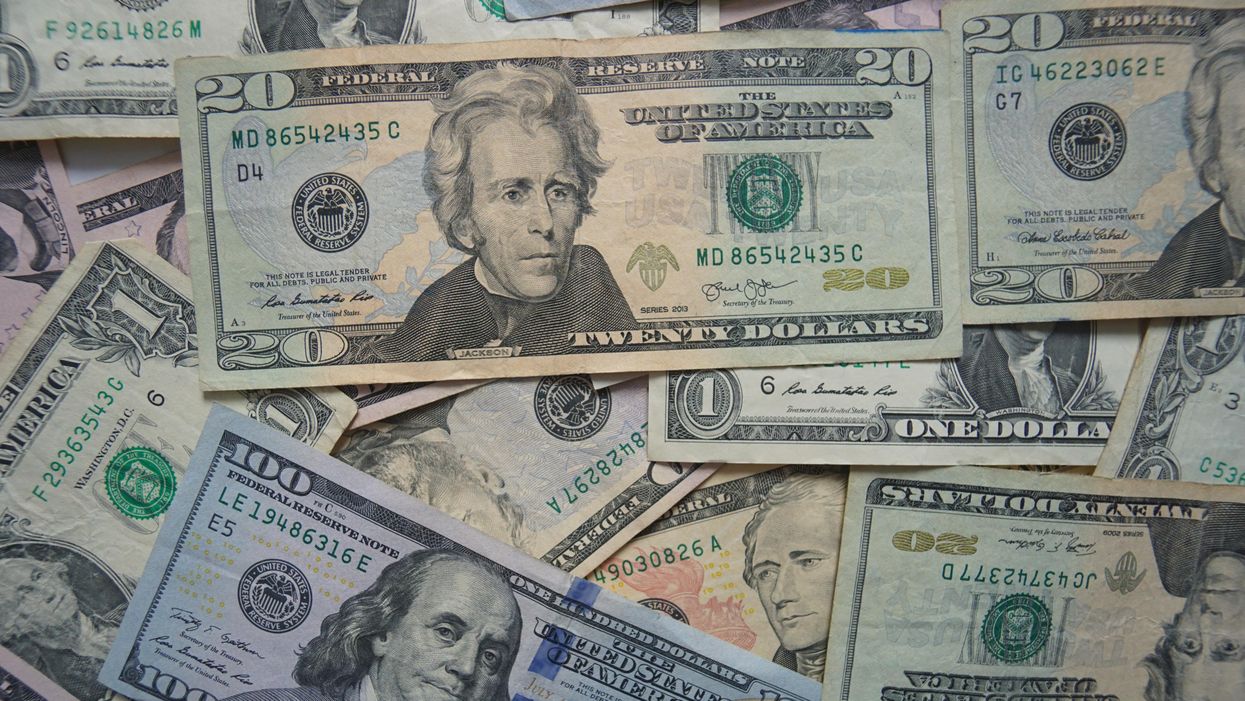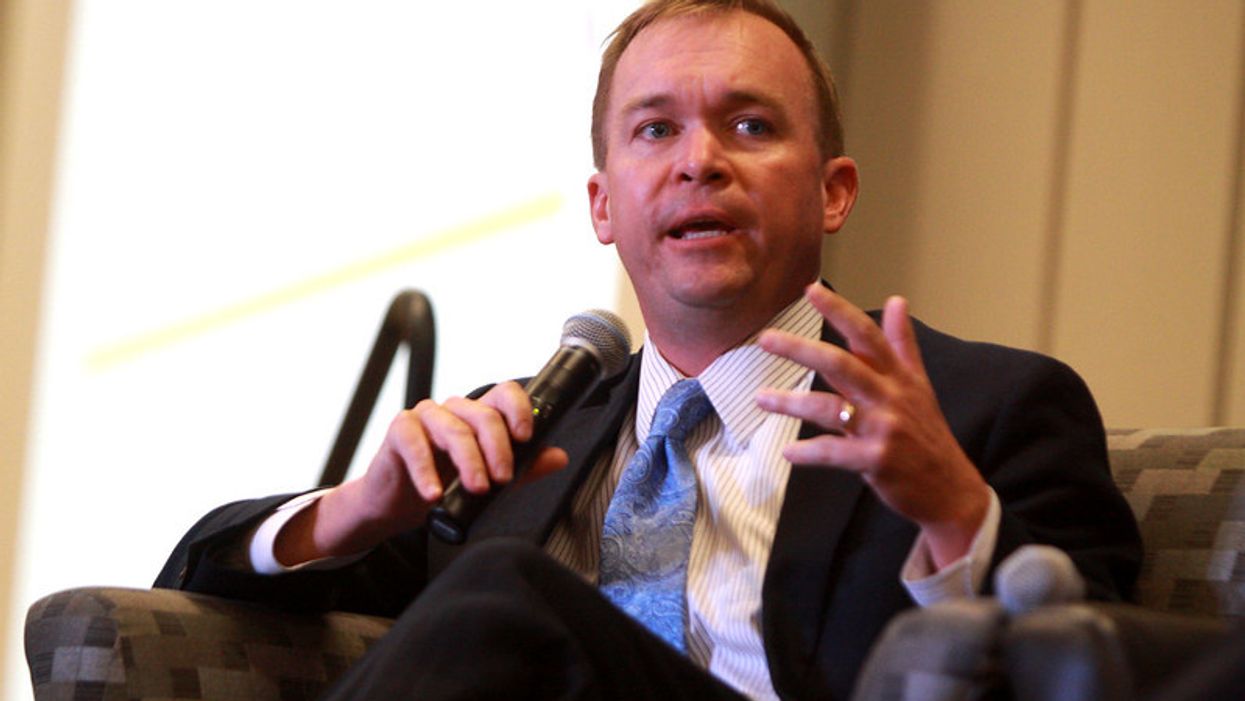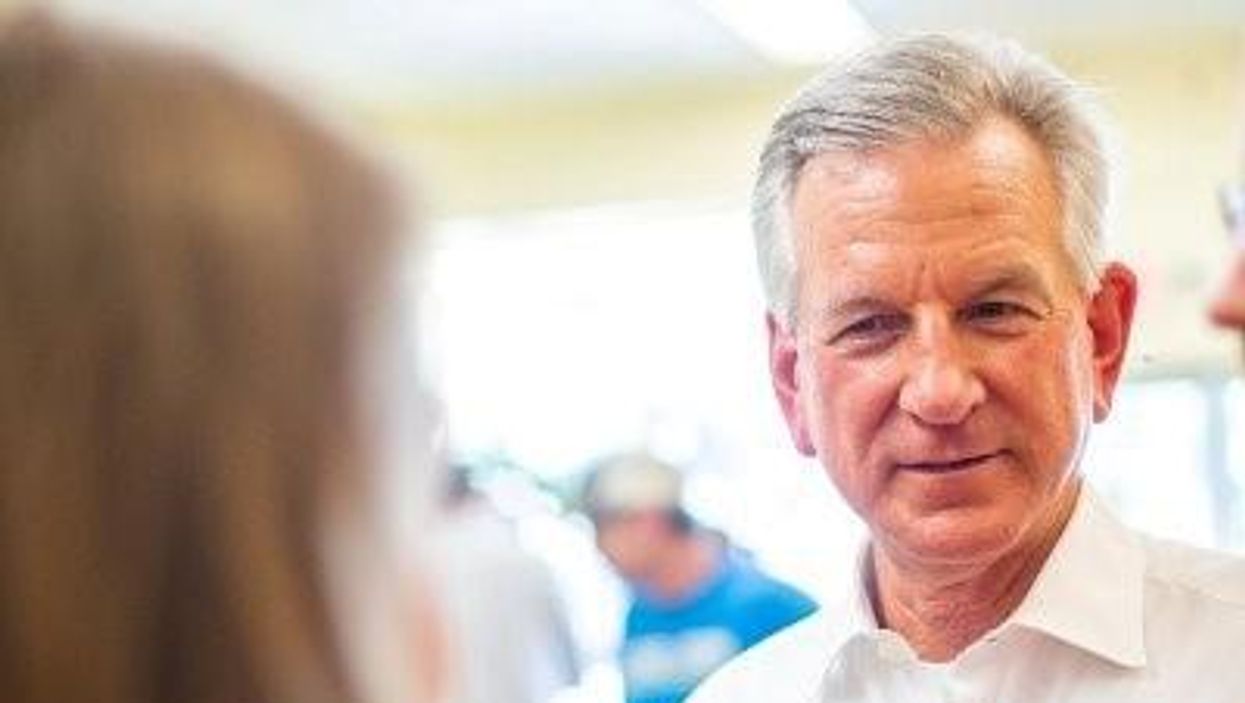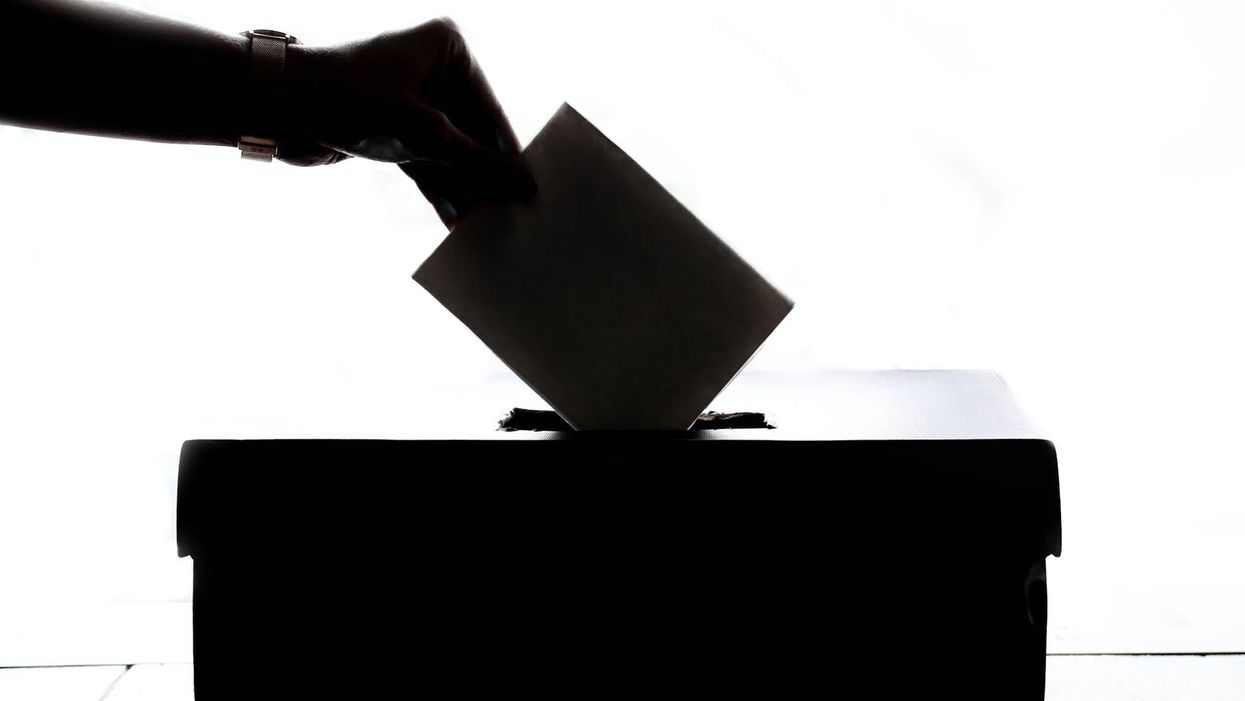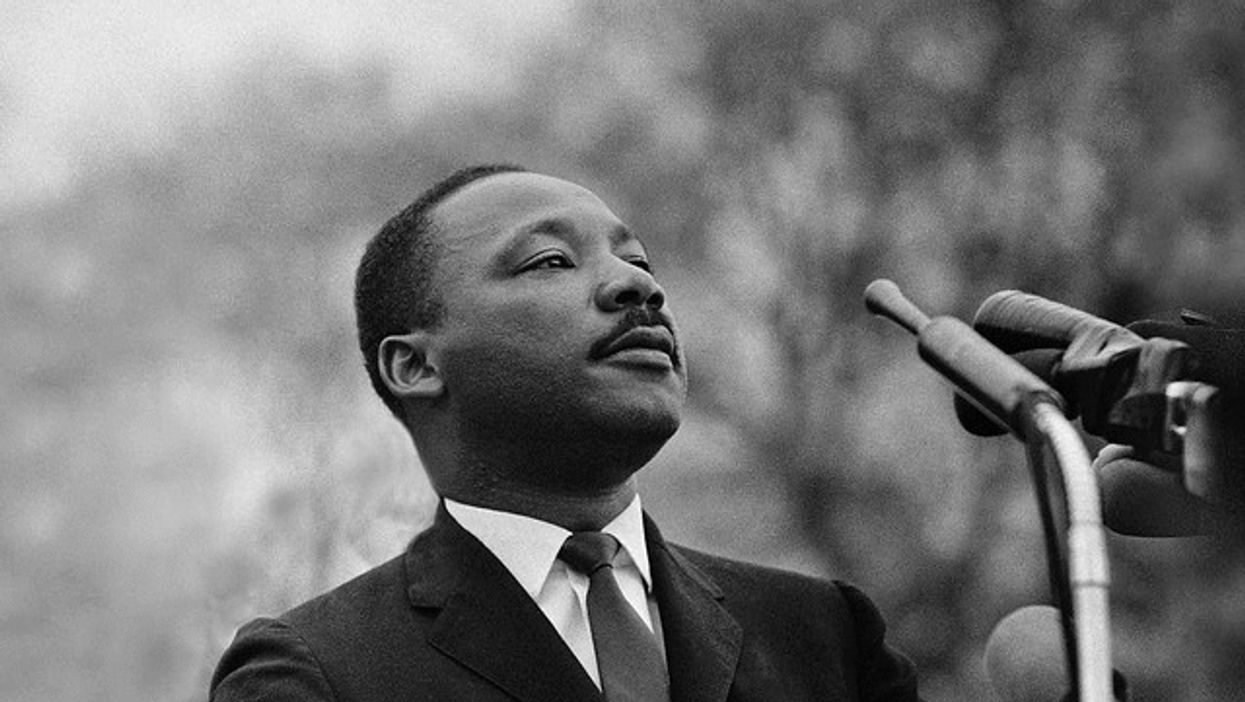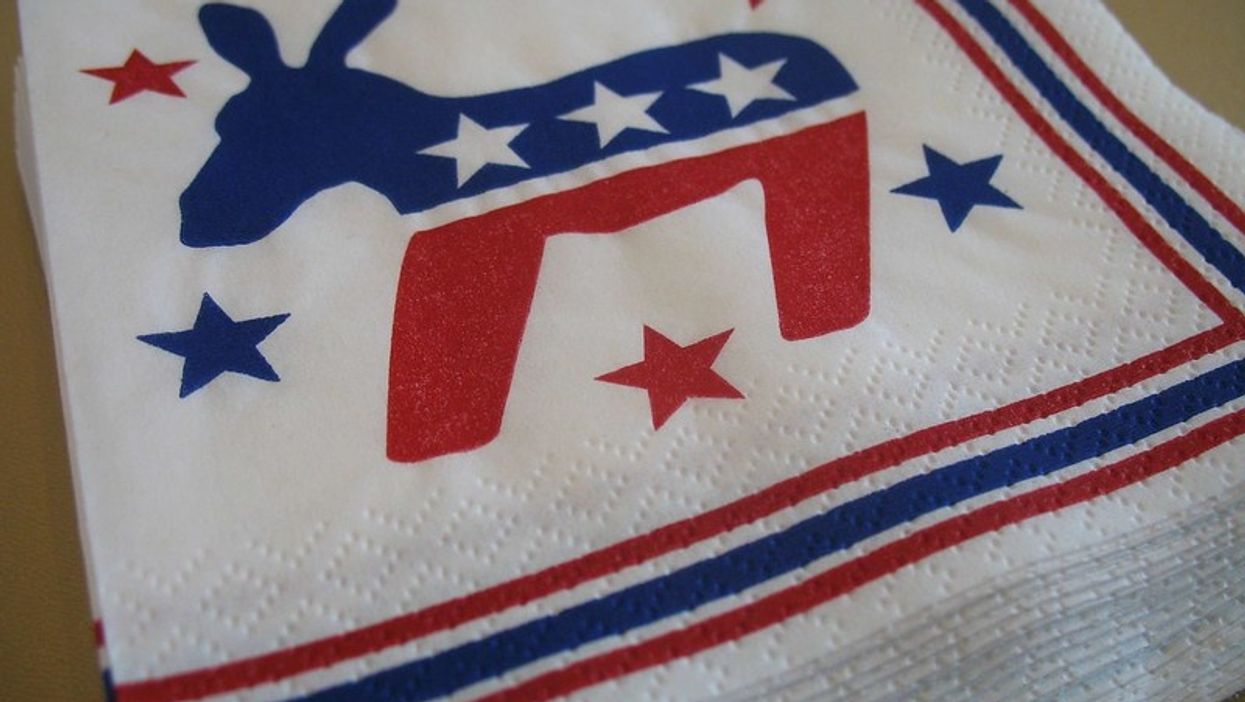Opening Day Can’t Come Soon Enough
Baseball is back, and not a moment too soon. America — and especially Washington — in 2021 desperately needs the values and the constancy of baseball. Nobody put baseball better than did war hero, team owner and American original Bill Veeck: "Baseball is almost the only orderly thing in a very unorderly world. If you get three strikes, even the best lawyer in the world can't get you off."
Veeck was absolutely right. Pedigree and social connections are no help if you can't hit a curveball. Whether your family arrived on the Mayflower or under the cover of darkness wading across the Rio Grande matters to nobody in the ballpark with two outs in the last of the ninth and you represent the last chance to bring home the tying run from third base.
The language of baseball is straightforward and unbureaucratic. An error wasn't made; Shields made the error allowing the winning run to score. Baseball is made up of hits and runs, strikes and balls. There are no pilot projects or interim reports outlining parameters and proposed temporary guidelines. In baseball, decisions are made — by umpires and managers — and the consequences are known immediately by fans who are free to boo or to cheer. "Red" Smith, the brilliant American sportswriter, explained the genius of the dimensions of the baseball field: "
The 90 feet between home plate and first base may be the closest man has ever come to perfection." Think about it: If a football field were 120 yards long — instead of 100 yards — it would make no real difference to the game itself, or if the basketball hoop were 12 feet instead of 10 feet from the floor .
But now, nearly two centuries since the baseball diamond was first laid out, when the batter hits a ground ball to one of the infielders, the race from the batter's box to first base frequently results in a photo finish. Because the pitcher's mound and the batter's box are 60 feet and 6 inches apart, the battle between the pitcher and the batter is a not uneven battle. If the pitcher were just 50 feet away, that would give the pitcher an unfair advantage over the hitter, while if the pitcher were 70 feet away from the batter, the advantage would swing dramatically to the batter. Genius.
In our hyped-up, over-caffeinated world, baseball has no clocks or watches; it is timeless. You don't run out of time in baseball; your destiny is in your own hands, and that is good. Either you get your opponent out or your opponent gets you out.
Baseball, of course, has its critics. It lacks the action of football or basketball. Baseball can be too slow or leisurely. Once again, the immortal Smith provides the rebuttal. When the ever-opinionated TV announcer Howard Cosell argued the "baseball is boring," Smith said simply, "Baseball is dull only to dull minds."
To find out more about Mark Shields and read his past columns, visit the Creators Syndicate webpage at www.creators.com


